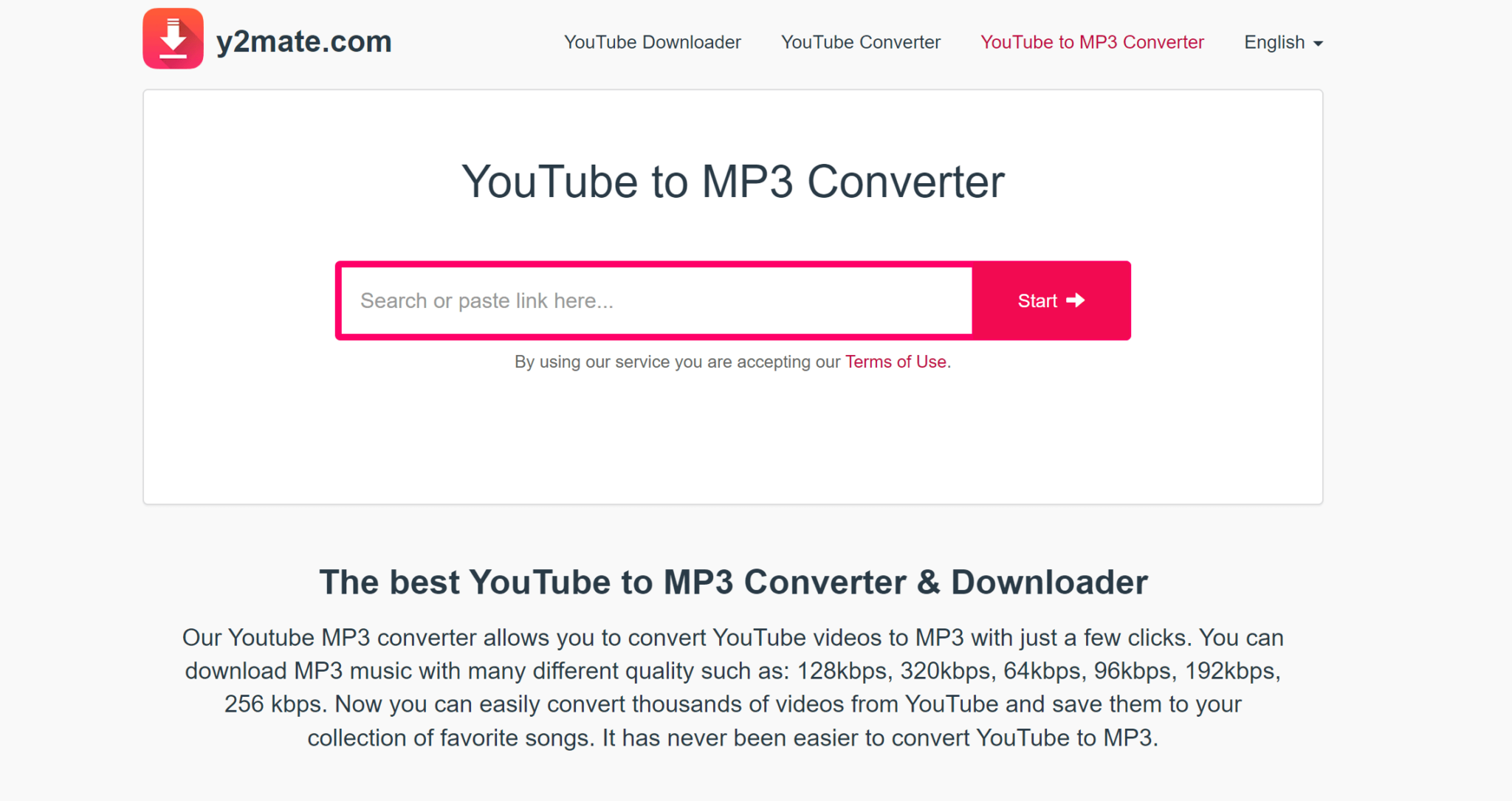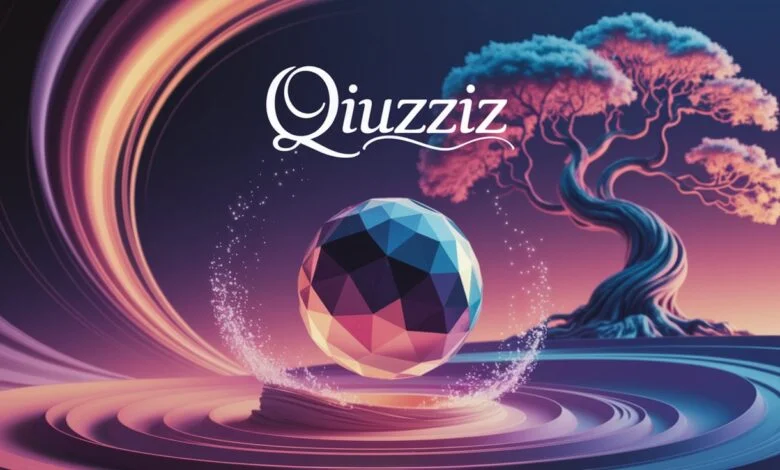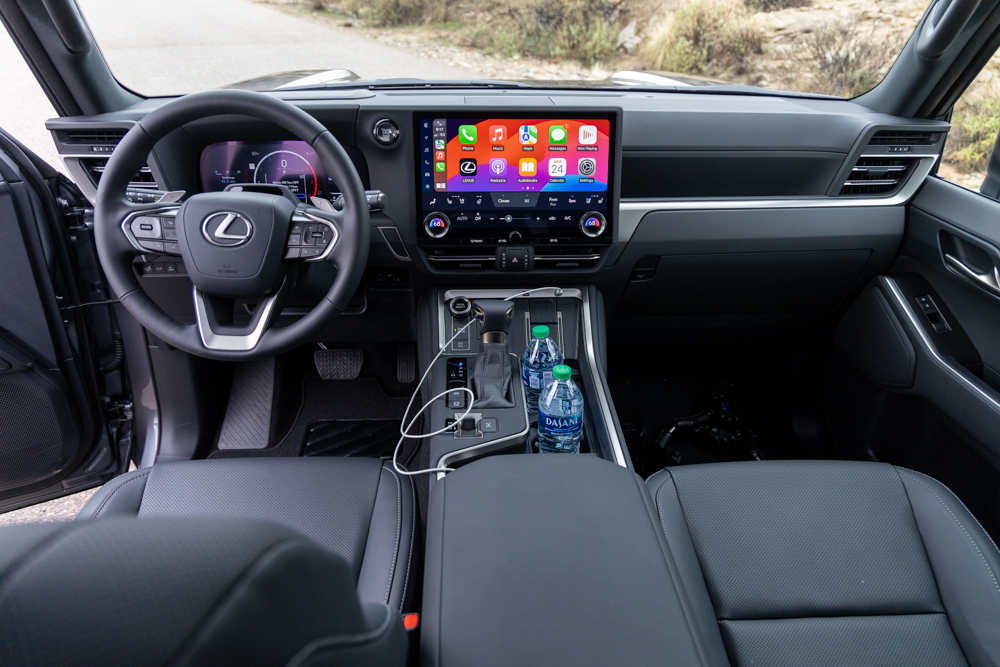
Is Using a YouTube Converter Legal? Here’s What You Should Know
A YouTube converter is a tool that allows users to download and convert YouTube videos into different formats, such as MP3 for audio or MP4 for video. These tools are widely used for various reasons, including offline access, educational purposes, or personal convenience. While the ability to convert and save YouTube videos may seem beneficial, the legal and ethical aspects surrounding it remain a complex issue.
Understanding YouTube’s Terms of Service
YouTube’s Terms of Service explicitly state that users are not allowed to download or distribute content from the platform unless there is explicit permission from YouTube or the content creator. This means that using a YouTube converter to download copyrighted videos without authorization violates these terms. YouTube itself provides an option for offline viewing through YouTube Premium, ensuring that users have legal means to save videos for later use.
How Copyright Laws Impact YouTube Converters
Copyright laws exist to protect the intellectual property of content creators. In many countries, downloading copyrighted material without permission is considered illegal and can lead to serious consequences. The Digital Millennium Copyright Act (DMCA) in the United States and the EU Copyright Directive in Europe are two major regulations that prohibit unauthorized distribution of copyrighted content. Even if a YouTube converter is used for personal use, it may still infringe on copyright laws, depending on regional regulations.
Is It Ever Legal to Use a YouTube Converter?
While many cases fall under copyright violations, there are instances where using a YouTube converter may be legal. If a video is in the public domain, has a Creative Commons license, or is explicitly authorized for free use by the creator, downloading it may not be a violation. Some content creators allow their videos to be downloaded and used for educational or creative purposes, making it important to check the video’s licensing details before using a converter.
Risks of Using a YouTube Converter
Aside from legal concerns, using a YouTube converter comes with other risks. Many online converters are riddled with malware, pop-up ads, and phishing attempts that can compromise personal data. Some websites even require users to install software that may contain harmful viruses. Additionally, frequent use of YouTube converters can result in lower-quality audio and video downloads compared to official sources.

Ethical Considerations When Using YouTube Converters
Beyond legality, there are ethical concerns associated with using a YouTube converter. Content creators rely on ad revenue and monetization strategies to earn from their work. Downloading videos illegally deprives creators of their rightful earnings. If a person regularly uses a YouTube converter instead of supporting creators through legal means, it can have a long-term impact on the sustainability of free content production.
Country-Specific Regulations on YouTube Converters
Different countries have varying regulations on YouTube converters and digital rights management. In Germany, strict copyright laws make unauthorized downloading a serious offense. The UK follows similar legal guidelines under the Copyright, Designs and Patents Act 1988. In the United States, DMCA laws protect copyright holders, and violators can face fines or even lawsuits. On the other hand, some countries have less stringent regulations, making enforcement more challenging.
Legal and Safe Alternatives to YouTube Converters
For those who want to download content legally, there are multiple alternatives available. YouTube Premium allows users to save videos for offline viewing without violating any terms. Platforms like Spotify, Apple Music, and Netflix offer legal streaming and downloading options. Additionally, some websites provide free music and video content under Creative Commons licenses, ensuring that users can legally access and share media.
Consequences of Using YouTube Converters Illegally
Violating copyright laws by using a YouTube converter for unauthorized downloads can lead to severe consequences. Some content owners actively monitor downloads and issue DMCA takedown notices. In extreme cases, users may face legal action, especially if they distribute copyrighted material without permission. YouTube also enforces bans on users who violate its policies, potentially leading to account suspensions or permanent removal.
How to Use YouTube Converters Responsibly
If a user still chooses to use a YouTube converter, there are ways to do so responsibly. Ensuring that the video is copyright-free or publicly available is the first step. Checking the licensing terms of each video can help avoid violations. Additionally, supporting content creators through donations, subscriptions, or purchasing official merchandise can balance ethical concerns.
Final Thoughts on YouTube Converters
The legality of using a YouTube converter depends on multiple factors, including copyright laws, YouTube’s terms of service, and the purpose of use. While there are legal ways to use converters, unauthorized downloads can lead to legal and ethical issues. The best approach is to respect content creators, follow platform guidelines, and explore legitimate alternatives for offline viewing. Understanding the legal landscape ensures that users can make informed decisions while enjoying online content responsibly.
FAQs
Is it illegal to use a YouTube converter?
Using a YouTube converter can be illegal if it violates copyright laws or YouTube’s Terms of Service. Downloading copyrighted content without permission is not allowed.
Can I legally use a YouTube converter for personal use?
Personal use does not always make it legal. If the content is copyrighted and downloading it is against YouTube’s policies, it is still a violation.
Are there any legal alternatives to YouTube converters?
Yes, YouTube Premium offers offline viewing legally, and platforms like Spotify and Netflix provide legal ways to access content.
What are the risks of using a YouTube converter?
Risks include malware, phishing attacks, poor-quality downloads, and potential legal consequences if used to download copyrighted content.
How can I download YouTube videos legally?
Using YouTube’s official download feature through YouTube Premium or downloading videos with a Creative Commons license are legal options.










